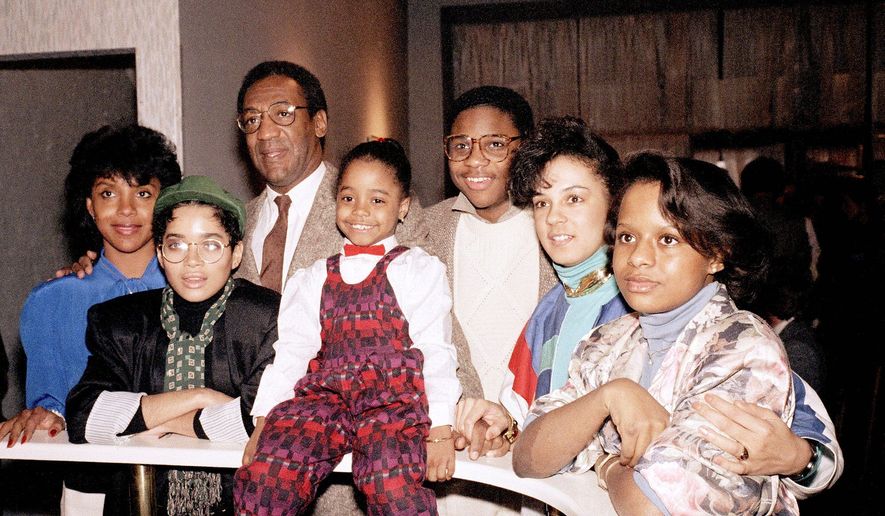
Why ‘The Cosby Show’ still matters after 30 years
Thirty years ago this week, network television introduced American audiences to something they had never seen before: A portrait of an ordinary, upper-class black family in New York.
As Time reflected on Thursday, in not overtly discussing issues of race, “The Cosby Show” has distinguished itself from other shows depicting black families like “The Jeffersons” or “Sanford and Son” in favor of something arguably better and more revolutionary: Stories of uncontroversial family life that anyone in Middle America can relate to.
“In the sentimental light in which it is now remembered, it is easy to forget that it was surprising that a black comedy could achieve such success, or to assume that it did. so just because of Huxtables, like New York Magazine. once taunted, ‘little more than the words “Leave it to Beaver” in blackface,” Time reporter Mark Whitaker wrote.
For black Americans, the show was a welcome relief from black comedies that focused solely on how the balance seemed to tilt in favor of their race.

Rookie Magazine blogger Jamia Wilson writes: “TV’s primary narrative of black family life (in 1984) is one of struggle. “‘The Cosby Show’ was the first show on TV that reflected my life and that meant a lot to me.”
In the 22 years since the program ended, its impact is starting to be understood in new ways. Slate’s Jason Bailey pointed out Thursday that the show not only changed the way America viewed black people, but also changed the way America viewed women in Clair Huxtable, Cliff’s high-powered lawyer wife. Breaking away from the housewife model of Alice Kramden, Wilma Flintstone or Edith Bunker, Clair is independent, respected and does not tolerate fools.

“Not only was Clair Huxtable a strong, free and career woman. That’s because she has a husband and family who always support and appreciate her efforts,” Mr. Bailey wrote. “If the racial politics of ‘The Cosby Show’ are only implied, its gender politics are clear, unambiguous and distinctly progressive.”